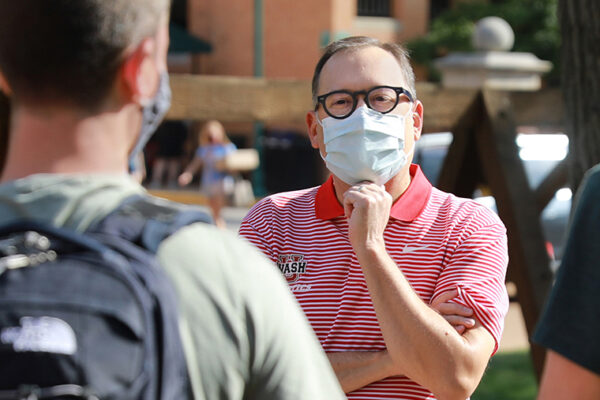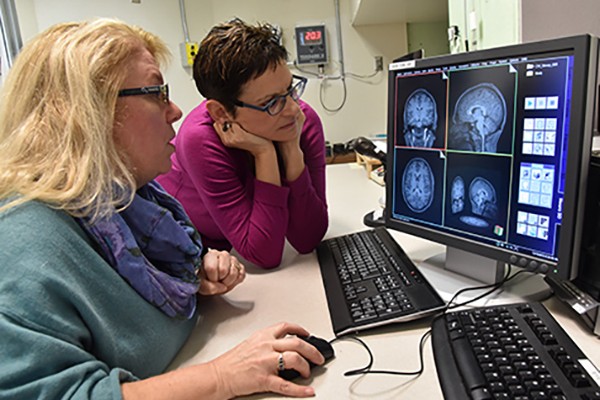Chancellor Andrew D. Martin and four other faculty members of Washington University in St. Louis were elected members of the American Academy of Arts & Sciences, the academy announced April 22. The others are Deanna Barch, John Baugh, Pascal Boyer and Holden Thorp.
Founded in 1780, the academy honors exceptional scholars, leaders, artists and innovators and engages them in sharing knowledge and addressing challenges facing the world.
“I congratulate my colleagues on this significant professional achievement,” Provost Beverly Wendland said. “They are true leaders in their fields, and I am pleased and proud that their meritorious achievements have been recognized by this esteemed honor. Their scholarly work has contributed to advancing knowledge, and we’re fortunate to have such talented scholars at WashU.”
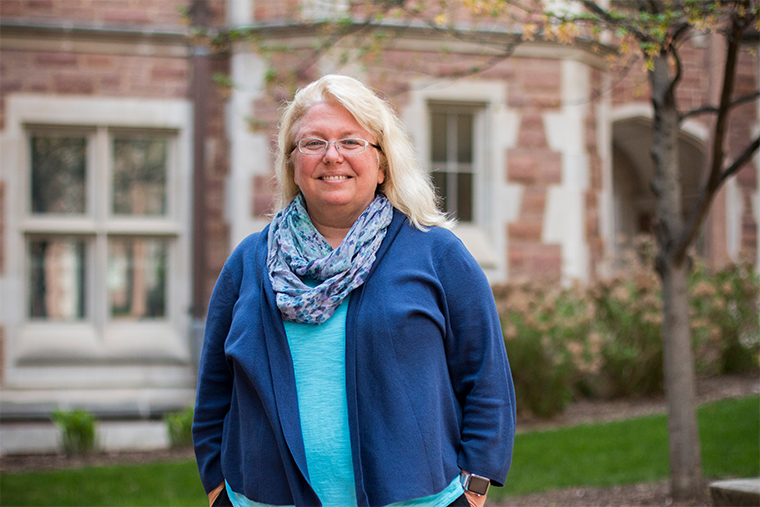
Barch is chair and professor of the Department of Psychological & Brain Sciences in Arts & Sciences and the Gregory B. Couch Professor of Psychiatry and professor of radiology at the School of Medicine.
Barch studies cognitive and language deficits in conditions such as schizophrenia, marrying behavioral and pharmacological studies with neuroimaging to understand neurobiological mechanisms contributing to such deficits.
She uses imaging and cognitive neuroscience methods to examine neural bases of disturbances in cognitive control and emotional processing in individuals with mood disorders, schizophrenia and those at risk for developing schizophrenia.
Her work also includes a focus on the ways in which early adversities shape early brain development and subsequent risk for mental health challenges.
Barch, who joined the university in 1998, is current chair of the American Association for the Advancement of Science’s Section on Psychology; fellow of the American College of Neuropsychopharmacology; and fellow of the Society of Experimental Psychologists.
In 2016, she was given the Association of Women in Neuroscience Mentor Award; in 2020, she worked with an international group of 60 women to present the “Future of Women in Psychological Science,” published in the journal Perspectives on Psychological Science.
She is also involved in broader research of the nervous system with funding from the National Institute of Health (NIH)’s Human Connectome Project.
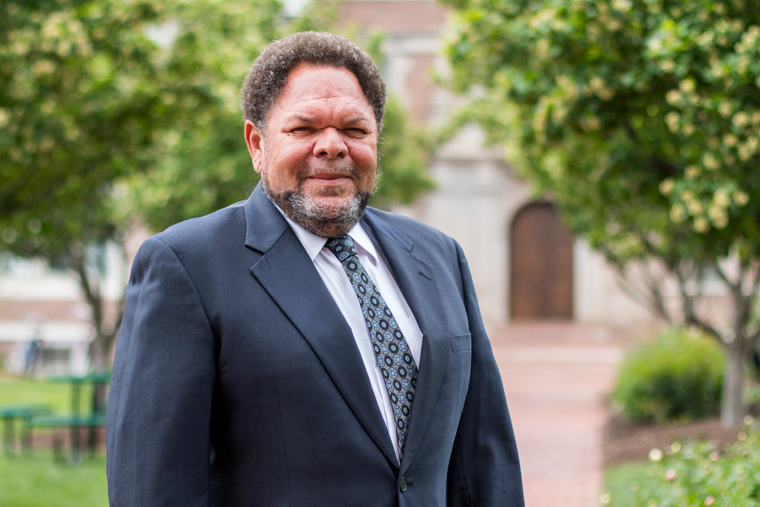
Baugh is the Margaret Bush Wilson Professor, as well as professor of: psychological and brain sciences, anthropology, education, English, linguistics and African and African American studies, all in Arts & Sciences. He is an expert in various academic fields, including legal affairs, sociology and urban studies, but is particularly renowned for his work in linguistics.
His primary research interest has been the social stratification of linguistic behavior in multicultural and multilingual nations. Initial interest in this area, born in part out of personal experience, began with quantitative and experimental studies of linguistic variation among African Americans. His analyses also include populations who suffered various forms of linguistic discrimination, including deaf communities and speakers of languages or dialects who lack fluency in their society’s dominant linguistic norms.
Most of Baugh’s research is interdisciplinary — drawing from the fields of anthropology, ethnography, linguistics and sociology — and tailored to have practical applications whenever possible. From 2005, when he joined the university, until 2010, Baugh was chair of African and African American studies.
In 2020, he was selected as an American Association for the Advancement of Science fellow in linguistics and language science; he is president of the Linguistic Society of America executive committee; and committee member of the National Academy of Science’s Board of Behavioral, Cognitive, and Sensory Sciences.
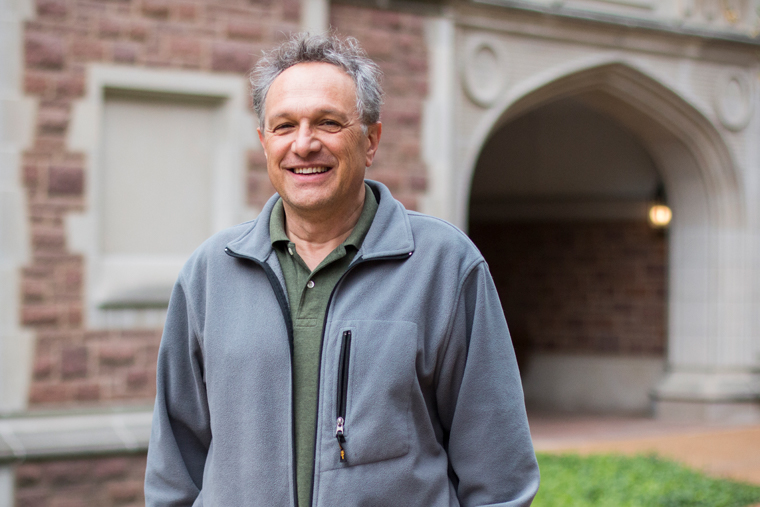
Boyer is the Henry Luce Professor of Collective and Individual Memory as well as professor of sociocultural anthropology and of psychological and brain sciences in Arts & Sciences.
He has conducted experimental studies with field research to answer the following question: What cognitive processes are engaged in the acquisition, use and transmission of cultural knowledge?
To answer this question, he studies cognitive development to make clear when similar brains receive information that makes them conversant with particular cultural norms and concepts. He has combined these studies with fieldwork across the world.
Boyer’s research has yielded insights into fields as varied as transmission of religious concepts, collective memory and individual memory. His research has also looked at the developmental and cultural aspects of threat detection and precaution psychology as well as transmission of cultural knowledge through oral literature.
He uses the brain’s evolutionary history, development and structure to show how all human brains share conceptual dispositions that make certain cultural concepts easy to learn and transmit.
In 2011, Boyer was selected for a Guggenheim Fellowship, one of the most prestigious academic awards. He was named a fellow of the Association for Psychological Science in 2019 and a life fellow of the Cognitive Science Society in 2020.
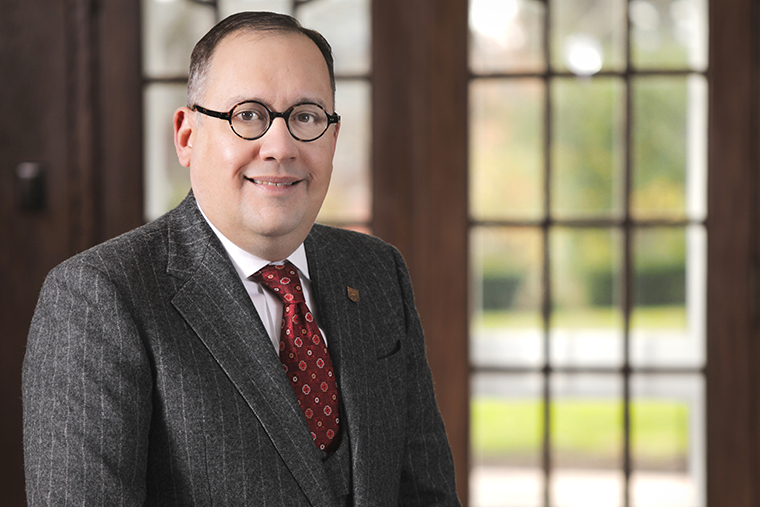
Martin’s areas of expertise include judicial politics, quantitative political methodology, empirical legal studies, and applied statistics, with attention paid specifically to U.S. Supreme Court decision-making.
Along with numerous scholarly articles and book chapters, Martin is the author of “An Introduction to Empirical Legal Research,” which he co-authored with Lee Epstein, the Ethan A.H. Shepley Distinguished University Professor at Washington University, along with “Judicial Decision-Making: A Coursebook,” which he co-authored with Barry Friedman and others.
Throughout his career, Martin has received research funding from many organizations, including the Andrew W. Mellon Foundation, the MacArthur Foundation, the National Science Foundation and the National Institutes of Health.
In addition to his many publications, Martin’s most notable scholarly achievements include the Martin-Quinn scores, where he and collaborator Kevin Quinn estimated the ideologies of U.S. Supreme Court justices, as well as his contribution to the Supreme Court Database, which documents and codes every decision by a U.S. Supreme Court justice since the founding.
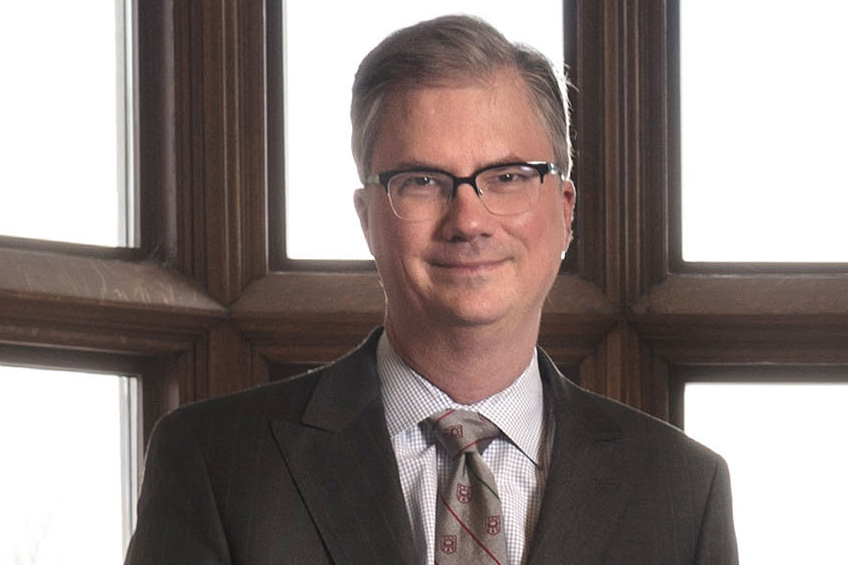
Thorp, the Rita Levi-Montalcini Distinguished University Professor and former provost, was elected to the academy. He is on leave from the university, serving as editor-in-chief of the Science family of journals.
Thorp, who holds faculty appointments in both chemistry and medicine, served as Washington University’s provost from 2013 until 2019. During his tenure as provost, he led the university’s academic enterprise through a period of tremendous growth in several key areas, including efforts to increase socioeconomic diversity and changes to the undergraduate admissions process, all of which led to an academically stronger and more diverse student body. He also was instrumental in furthering the university’s prominence as an institution that drives innovation and entrepreneurship, particularly in the St. Louis region.
An inventor and entrepreneur, he developed technology for electronic DNA chips, and is the co-founder of Viamet Pharmaceuticals, which developed oteseconazole, a treatment for fungal disease.
He earned a doctorate in chemistry in 1989 at the California Institute of Technology and completed postdoctoral work at Yale University.
